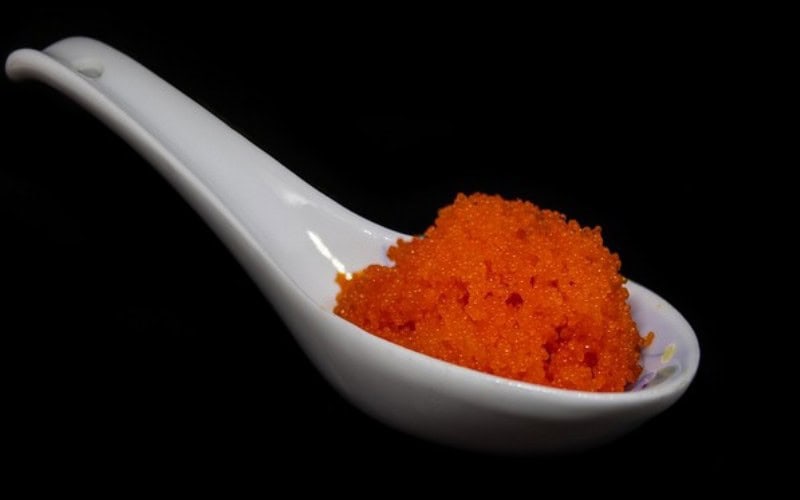Washington: While the elite have always loved their truffles and caviar, a new study by UBC sociology professor Emily Huddart Kennedy and colleagues from the University of Toronto finds that free-range and fair-trade foods are becoming increasingly important among the elite.
Sepaking about it, the lead author of the study said, “Our culture’s understanding of what counts as elite taste has really overlooked this ethical element.”
The study was published last month in the sociology journal, Social Forces.
People belonging to the upper sections of society have always tended to enjoy sophisticated things like opera or French cuisine. Researchers call thus aesthetic taste. However, a new ‘green’ cachet seems to be taking hold where people are willing to pay more for products that have environmental benefits.
The research team wanted to find out if the elites are now signaling status through ethical foods.
Subsequently, they surveyed more than 800 grocery shoppers in Toronto about their food choices, and divided them into four groups according to their preferences. These included foodies, ethical eaters, neither or both.
After gathering information about the shoppers’ income, education and occupation, the researchers found that the group who considered themselves to be both foodies and ethical eaters had by far the highest socioeconomic status.
Roughly a quarter of the foodies earned over $100,000, but over 40 per cent of the “ethical foodies” did. Similar patterns applied for occupation and education.
At the other end of the spectrum, people who considered themselves neither foodies nor ethical food consumers had the lowest socioeconomic status.
[source_without_link]ANI[/source_without_link]

